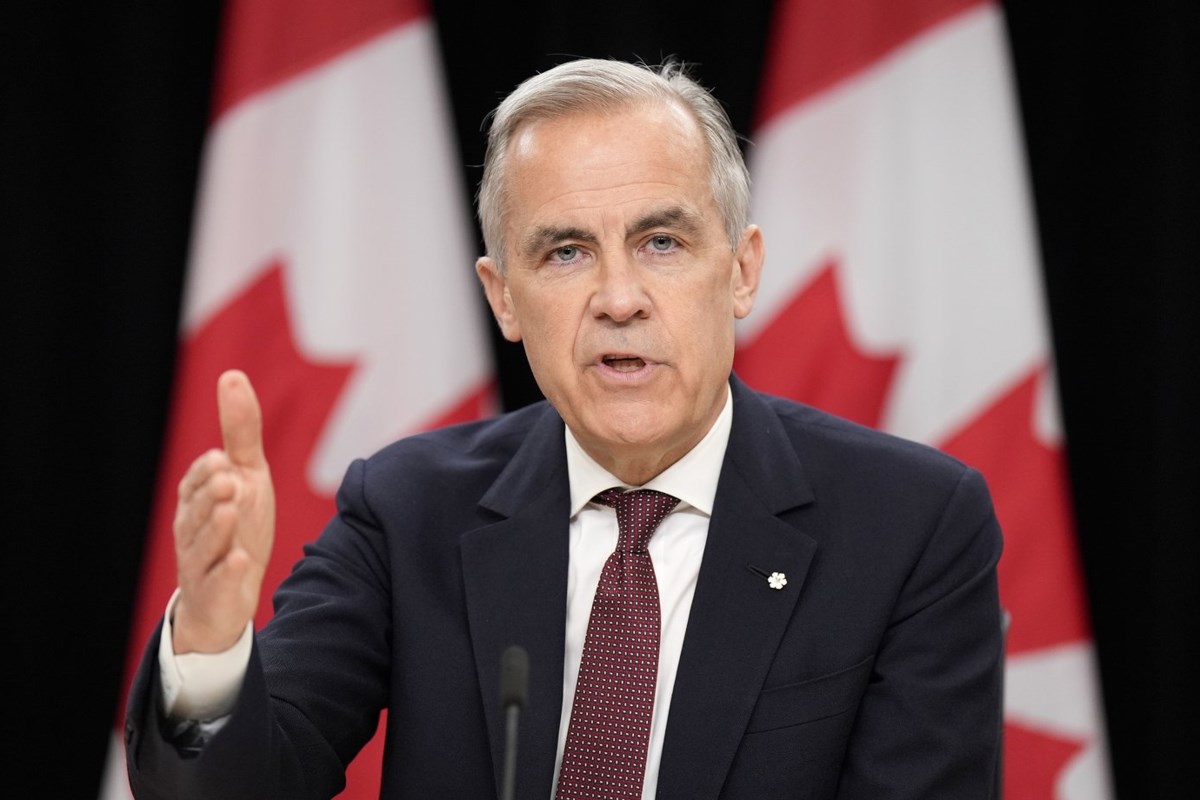What Reform's 'turquoise tide' will force Labour to do now - and why Farage's spectacular triumph could spell the end for the Tory party: JASON GROVES' analysis

A turquoise tide has risen. The opinion polls were not wrong. Across the country, a large section of the electorate has abandoned both Labour and the Conservatives and thrown in its lot with Nigel Farage’s Reform army. The trend was seen most spectacularly in Cheshire, where Reform’s Sarah Pochin overturned a Labour majority of almost 15,000 to win the Runcorn and Helsby by-election. Yes, the margin of victory was a tiny six votes. Yes, Labour was not helped by the fact the contest was triggered when their former MP was forced to resign after assaulting a constituent on a drunken night out. But the big picture is that Labour has lost one of its safest seats to an upstart party less than a year after Sir Keir Starmer’s landslide election win. And the Prime Minister himself is so unpopular that Labour strategists did not dare send him to Runcorn for fear of making things even worse. Reform’s surge is by no means limited to Cheshire. In early results, the party seized control of the Lincolnshire mayoralty, pushed Labour hard in a string of other contests in heartland areas like Doncaster and North Tyneside, and came a strong second in the West of England, which had been depicted as a straight fight between Labour and the Greens. By the end of the day, Mr Farage’s party will have won hundreds of council seats and for the first time taken control of major councils like Staffordshire and Lincolnshire. With the Lib Dems also set to do well and the Greens poised to add to their strength in local government, the results add weight to the growing sense that the two-party system is disintegrating. At Westminster, the Conservatives remain the official opposition and Kemi Badenoch’s party still has thousands of councillors in areas that were not up for election yesterday. But in terms of electoral threat it is hard to argue with Mr Farage’s claim that, for now at least, Reform have ‘supplanted the Conservative Party as the main opposition party to the Labour government’. Yesterday’s vote will add to the rising sense of panic among the 90 or so Labour MPs in seats where Reform came second last summer. Labour sources insist the party’s high command is already moving to address the concerns of voters switching to Reform. In the coming weeks, the Prime Minister will toughen his stance on illegal migration, which is seen as a key grievance for Reform voters. Rachel Reeves is likely to have to abandon plans for further welfare cuts after activists across the country reported that reductions to winter fuel payments and disability benefits were a major issue on the doorstep. Reform’s success may even limit the ambition of Sir Keir's looming EU ‘reset’. It will certainly strengthen the argument of those ministers wary of signing up to any ‘youth mobility’ deal with the EU that could be painted by opponents as a return to free movement. But although it was a bad night for Labour, the party’s vote did not completely collapse. The situation facing the Conservatives is significantly worse, bordering on existential. Six months into the job, Mrs Badenoch’s position as leader is not under immediate threat. But she may now have less time than she thought to demonstrate she can turn things round. And the result is likely to add to the pull of Reform on Tory members. Reform’s new Runcorn MP is a former Tory councillor. Its new Lincolnshire mayor is a former Tory minister. How many more will go? And how long can Mrs Badenoch resist the calls to reach some kind of accommodation with Mr Farage to unite voters on the right? Success brings perils with it for Reform. Both Labour and the Tories are licking their lips at the prospect of Mr Farage’s new, inexperienced councillors facing the scrutiny of office. Privately, Reform sources acknowledge there will be teething problems – and possibly worse – as candidates who never expected or even wanted to win take charge of big budgets and important services. But for Mr Farage this morning, it is a good problem to have.



















